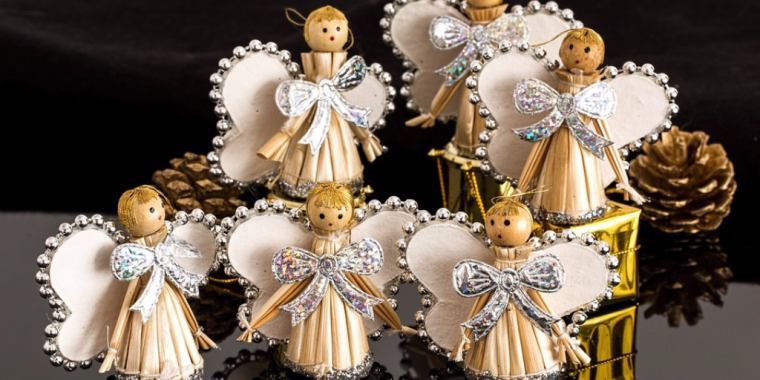No need to edit 'Virgin's womb' out of 'Hark! The Herald Angels Sing', say CofE bishops

'Hark! The Herald Angels Sing' is a staple of Christmas carol services around the world but one version edits out references to the Virgin's womb.
A modernised version of the classic Charles Wesley Christmas hymn replaces the line 'Offspring of a virgin's womb' with 'Offspring of the favoured one'.
But clergy in the Church of England have said they're sticking with the original. The Bishop of Crediton, the Rt Rev Jacqueline Searle, said the original wording should stay 'because it's a part of our creed' and changing it could mislead people who are not so familiar with the Christian faith.
'It's important that we are not squeamish about singing 'of a virgin's womb', which reflects nothing being impossible with God,' she told The Telegraph.
'Just because something sounds difficult or new doesn't mean it needs to be changed.
"When we sing our doctrine, it is saying something about what we believe. Especially at this time of year, when lots of people are singing carols, we would like what we're singing to reflect as accurately as we can the faith we inhabit.'
More bishops in the Church of England are also opposed to any changes. The Bishop of Blackburn, the Rt Rev Julian Henderson, said the hymn 'is an essential part of the Christmas story'.
The Bishop of Peterborough, the Rt Rev Donald Allister, told the newspaper: 'Wesley's great Christmas carol conveys the true Christmas message joyfully and powerfully. It is a great shame to see any attempt to reduce that message.'
Charles Wesley, born 1701, was one of the founders of Methodism along with his preacher brother John Wesley, but he was also a prolific hymn writer.
Other hymns penned by Wesley that are still sung in churches today include 'Love Divine, All Loves Excelling' and 'O for a Thousand Tongues to Sing'.
'Hark! The Herald Angels Sing' was written in 1739 and is set to an adaptation of music by Felix Mendelssohn.
The original opening couplet read, 'Hark how all the Welkin rings, Glory to the Kings of Kings,' but this was later amended to 'Hark! The herald-angels sing, Glory to the newborn king,' that form that is still sung today.











